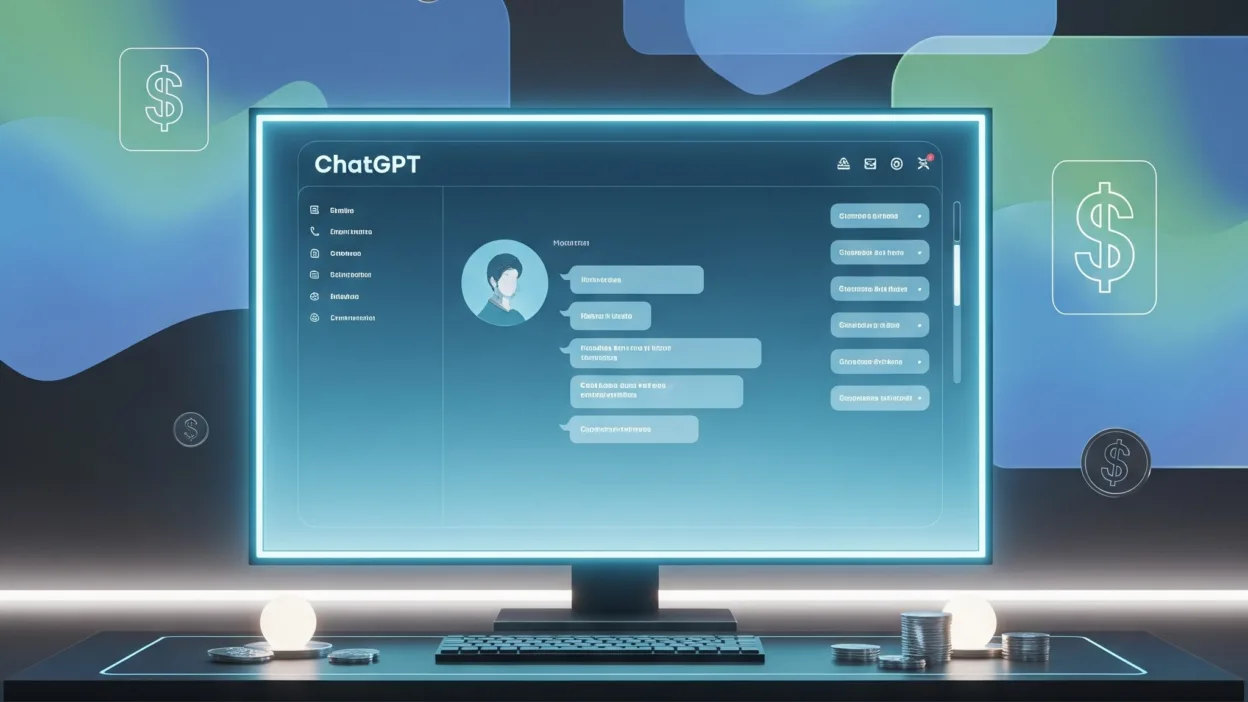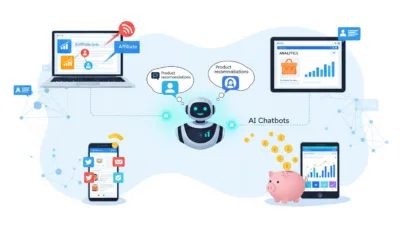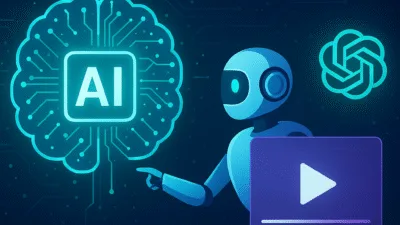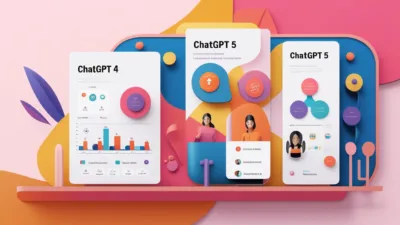As AI tools like ChatGPT become increasingly embedded in our digital lives, one question keeps popping up: Will ChatGPT start showing ads? With millions of users relying on AI for research, writing, coding, and creativity, the idea of ad integration could dramatically reshape how we experience these tools.
In this blog post, we’ll explore whether ads are coming to ChatGPT, why OpenAI might consider them, what forms those ads could take, and how that might impact users and the broader AI ecosystem.
The Rise of AI as a Mainstream Platform
ChatGPT and similar tools are no longer niche, they’re essential platforms. Professionals, students, marketers, and developers use AI daily. Like search engines and social media before it, AI is now a gateway to information, insights, and decision-making.
This rise opens the door to monetization strategies. Historically, digital platforms have monetized user attention. First came banner ads, then search ads, and now personalized content. It’s natural to wonder if conversational AI like ChatGPT might follow the same path.
Has OpenAI Said Anything About Ads?
As of now, OpenAI has not officially announced any plans to introduce ads into ChatGPT. However, the company is experimenting with monetization through:
- ChatGPT Plus: A $20/month subscription for faster responses and access to GPT-4.
- API Access: Charging developers and businesses to use the models in their apps and workflows.
- Enterprise Solutions: Offering secure AI for businesses.
While these models support sustainability, they might not fully match the scale of free user growth. Ads could be a tempting path especially with rising server costs and competition.
Practical Examples: What AI Ads Could Look Like
If ads were added, they likely wouldn’t resemble traditional banners. Here’s how they could be woven into the AI experience:
1. Sponsored Suggestions
Imagine asking for a product recommendation, and one suggestion comes with a small “Sponsored” label, similar to how Google Search handles paid results.
Example: User: “What’s the best email marketing tool for my small business?”
ChatGPT: “You might consider Mailchimp, ConvertKit, or [Sponsored] GetResponse, which currently offers AI-powered automation tools.”
2. Contextual Product Placement
For queries involving products or services, ChatGPT could integrate partner offerings naturally into answers.
Example: User: “How do I start a podcast?”
ChatGPT: “First, choose a platform like Spotify or Buzzsprout. [Sponsored] Riverside.fm offers studio-quality recording and is great for remote interviews.”
3. Premium Ad-Free Tier
Ads might appear in the free version, encouraging users to upgrade to an ad-free paid tier, much like YouTube or Spotify.
Will Ads Damage User Trust?
The biggest risk of advertising in ChatGPT is eroding trust. Users expect objective, helpful responses. If monetization introduces bias, even subtly, it could:
- Undermine the credibility of answers
- Push users toward competitor platforms
- Cause confusion about what is factual vs. sponsored
Balancing revenue with user trust would be a delicate challenge for OpenAI or any AI provider.
How Competitors Are Handling AI Monetization
While OpenAI has yet to embrace ads, competitors may not hold back:
- Google’s AI Overviews already integrate search ads into AI-generated answers in subtle ways.
- Meta is experimenting with AI in Messenger and Instagram DMs, potentially opening a path for conversational ads.
- Amazon’s AI will likely integrate ads directly into product suggestions.
The precedent is clear: wherever users go, ads often follow.
Could ChatGPT Be the Exception?
OpenAI positions itself as an AI safety and alignment-first company. It’s possible they avoid ads to:
- Maintain trust and neutrality
- Stay compliant with evolving global AI regulations
- Differentiate themselves from Big Tech rivals
Still, economic realities can shift strategies. If ad integration becomes a market norm, pressure could mount.
What Creators and Businesses Should Watch
If ads do come to ChatGPT, here’s what it could mean:
- SEO Disruption: AI may become the new front page and advertisers will want premium placement.
- Content Sponsorship: Brands might partner with AI providers to influence recommendations.
- Bias Auditing: More demand for tools that detect when AI-generated content is paid or biased.
Final Thoughts
While there’s no confirmed roadmap for ads in ChatGPT, the potential is very real. Whether OpenAI chooses to prioritize user trust or scale monetization through ads will shape the future of AI interaction.
As a user, creator, or business, staying informed is essential. The way AI answers your questions or recommends your product could look very different in the years ahead.



